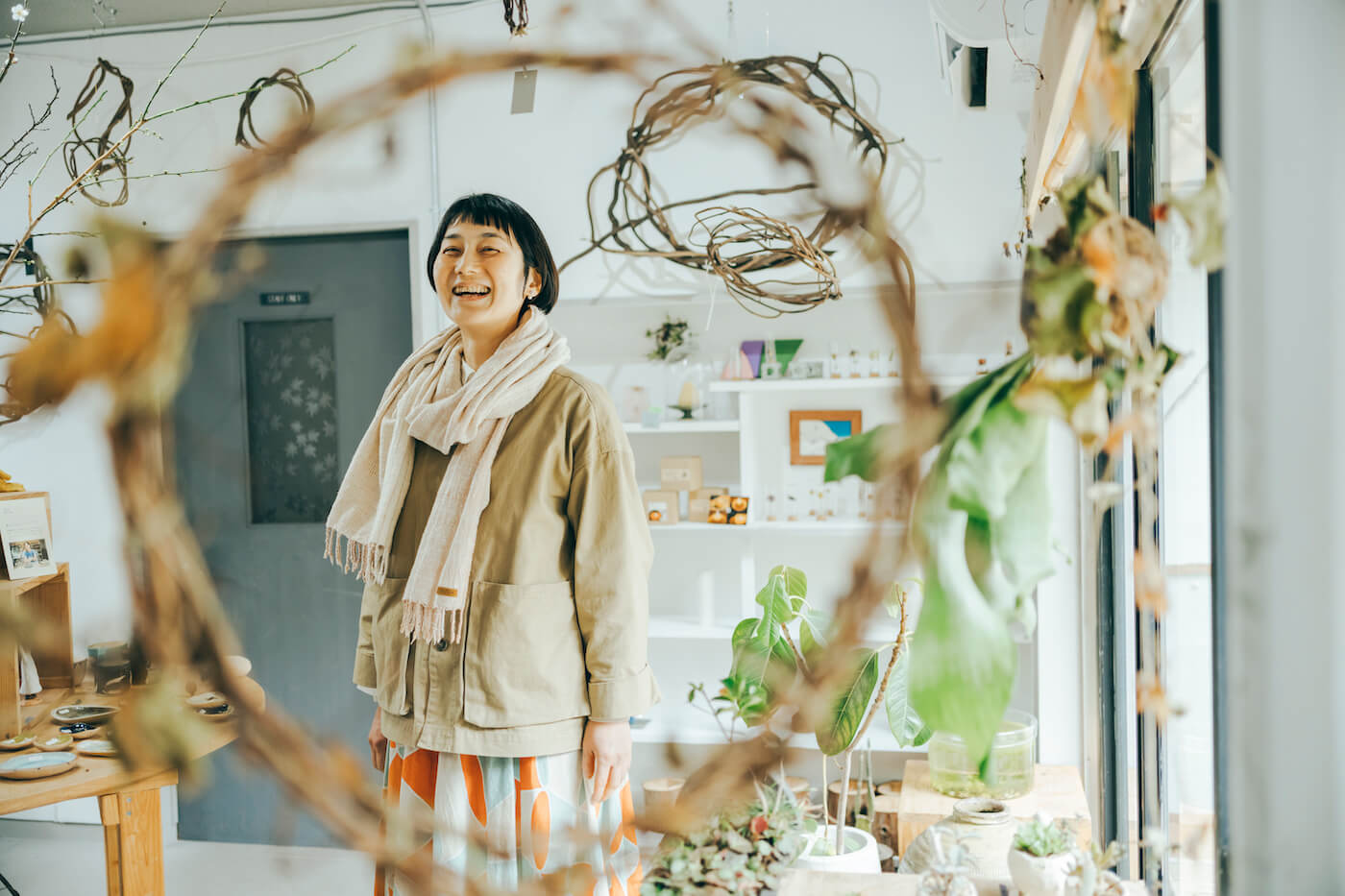Tomomi Noguchi, who runs the Coconoki store in Itoshima City, has been promoting the good things that Itoshima has to offer to people outside the area even before the city started to gain national attention. She is one of the people who helped lay the foundation for the Itoshima: City of Crafts initiative by providing a place for woodworkers and ceramic artists to sell their wares.
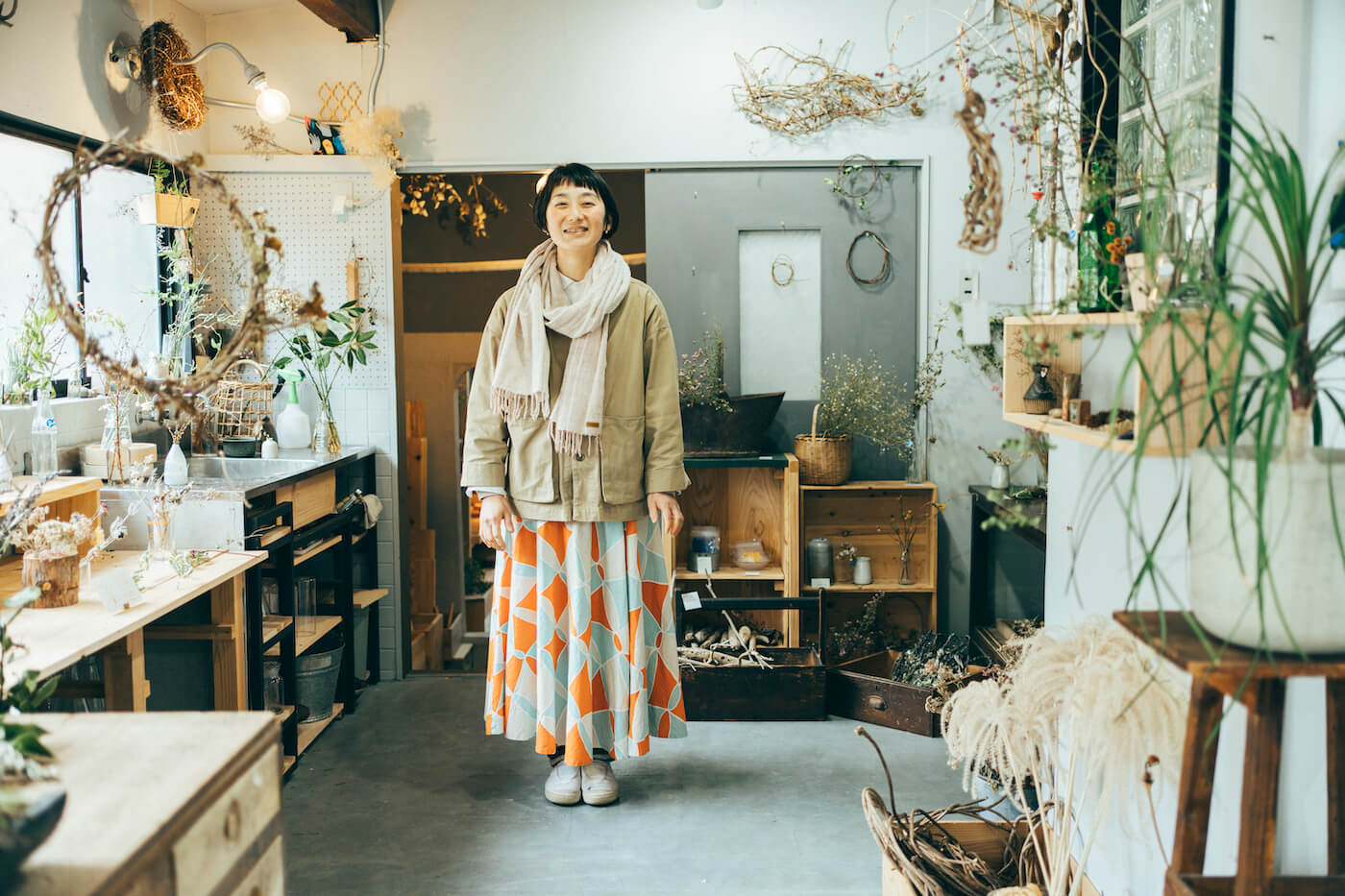
It has been more than 10 years since Coconoki opened in 2010. What made you want to open the shop?
It all started when I read a newspaper article about how the forestry industry is no longer viable because Japan’s mountains have been degraded. At that time, I was volunteering at Tonkatikan, a hands-on woodworking facility that uses local wood from Itoshima, and I had heard from many people about how serious the situation was in the mountains. As part of my work, I helped out with woodworking projects and actually went into the mountains to cut down trees with a chainsaw, and as I did this, I became increasingly convinced that something had to be done about the forestry industry.
I felt that if the people from the area used local wood, it would create a positive feedback loop that could revitalize the local mountains. With this in mind, I opened Coconoki to create a place where local people could buy cedar boards and woodworking pieces made right here in Itoshima.
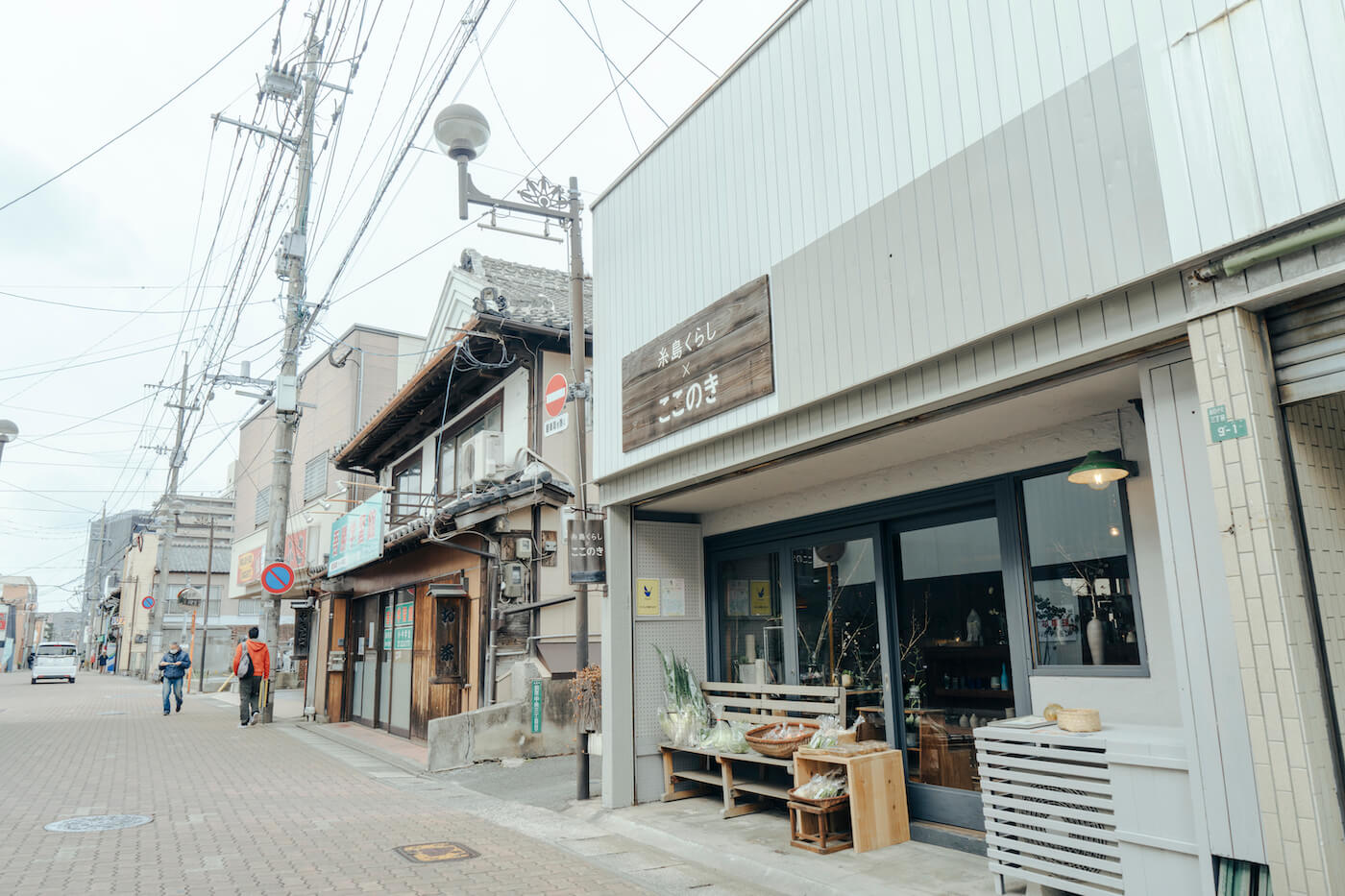
Did you get off to a good start?
I started with no money and name recognition, so it was precarious. At the time, I was living with my three young children in a rent-free dormitory for mothers and children, but they kicked me out because they said if you can run a store, then you must be making enough money. I had to spend all my savings to open Coconoki, so life was difficult. Even my parents objected and told me I shouldn’t be trying to run a store. For quite some time, my sales amounted to nothing more than a few thousand yen a day.
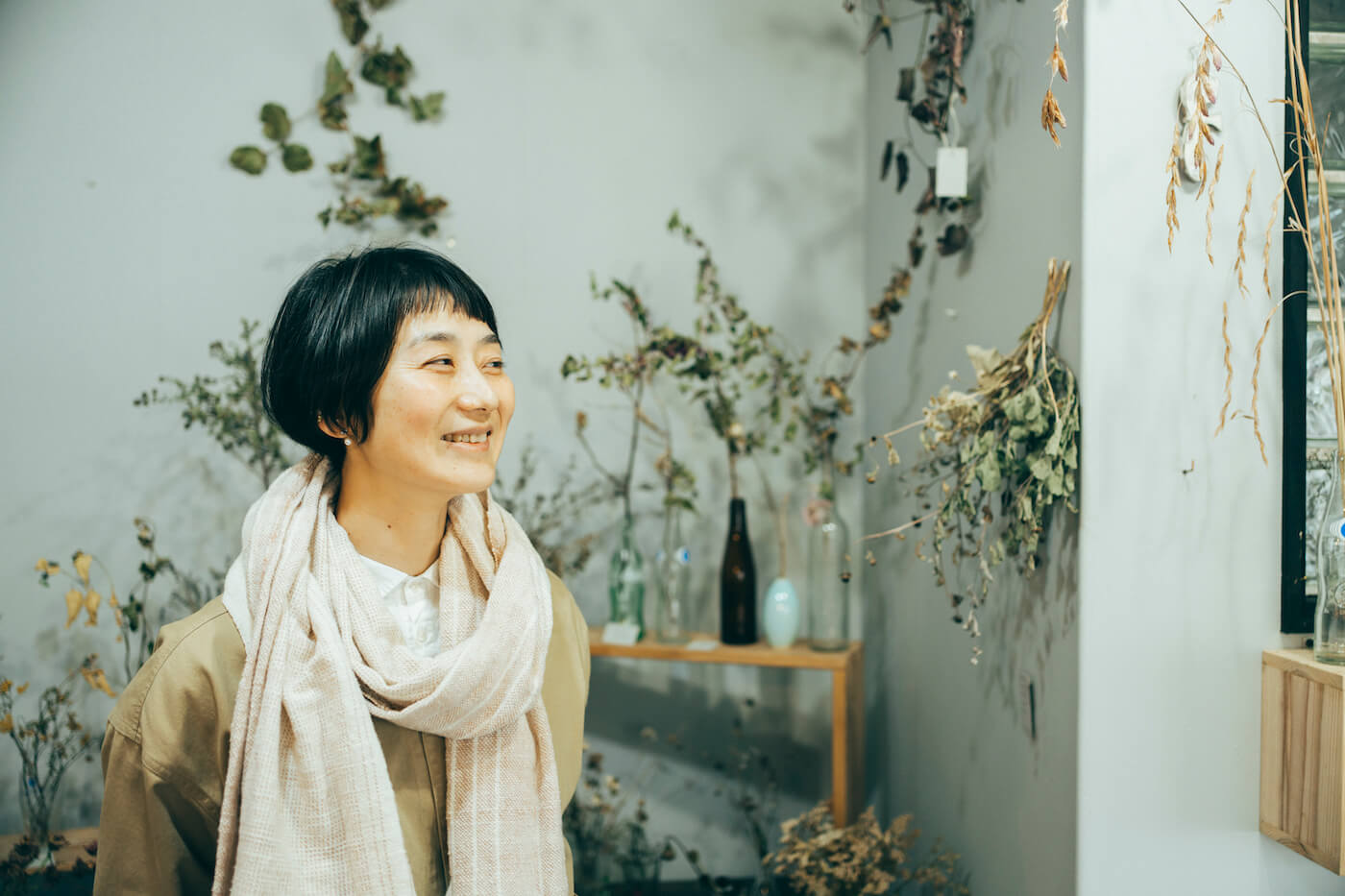
How have you been able to keep Coconoki going despite this adversity?
With the help of the artisans, I have been able to keep going. When I opened, I had relationships with five or six woodworkers and dressing makers. Many of them didn’t have a permanent gallery to display and sell their products, so they told me they couldn’t afford to lose Coconoki. They worked with me on everything from renovating the interior to expanding the store’s visibility. Another important factor was that everyone was about the same age as me so we hit it off.
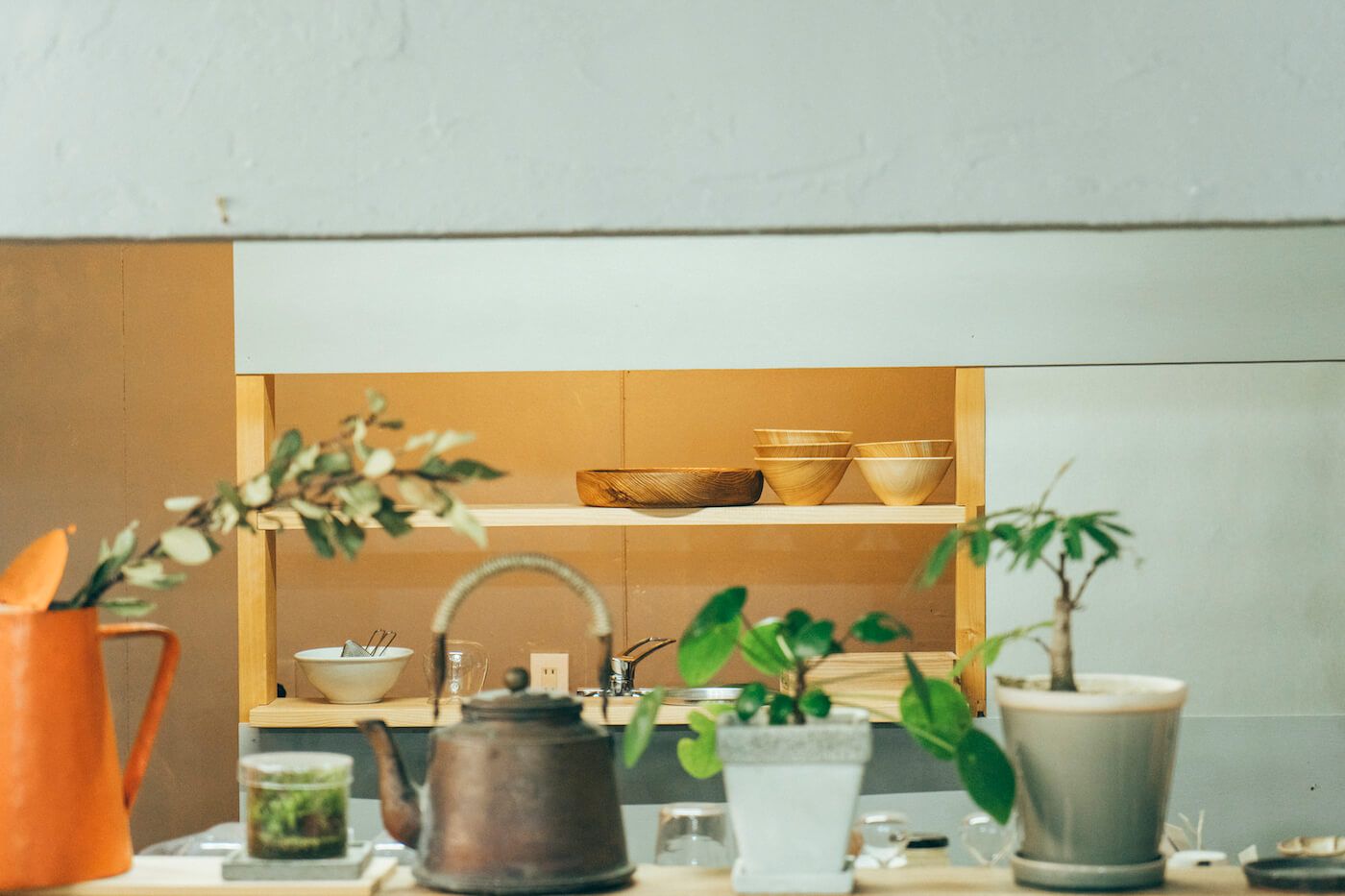
One day, Tetsuro Chijiiwa, who was my organic cotton towel supplier at the time and now my partner in running Coconoki, came to me with a request from a major department store in Fukuoka City to open a booth at their Itoshima Fair. This was a great opportunity to increase the store’s visibility. Like kids at a school festival, we put everything into running the booth. I had friends build the product displays, and we all took turns manning the booth. Some of the artists were just starting out, so everyone worked like mad to somehow sell their products. This led to us setting up booths at different department stores and shopping malls, which helped us spread the word about Coconoki to many people. The store now carries products from about 70 Itoshima-based artisans.
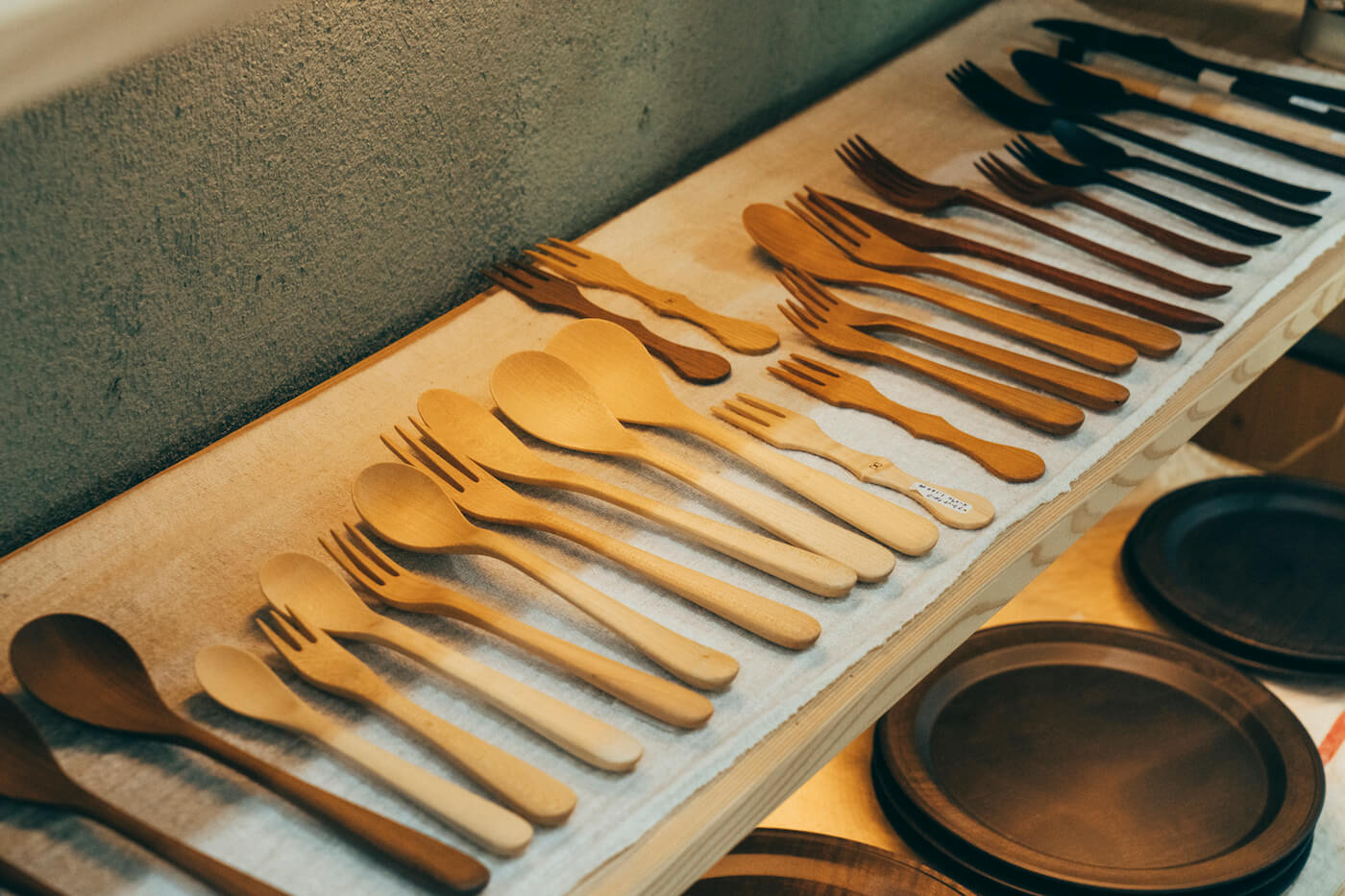
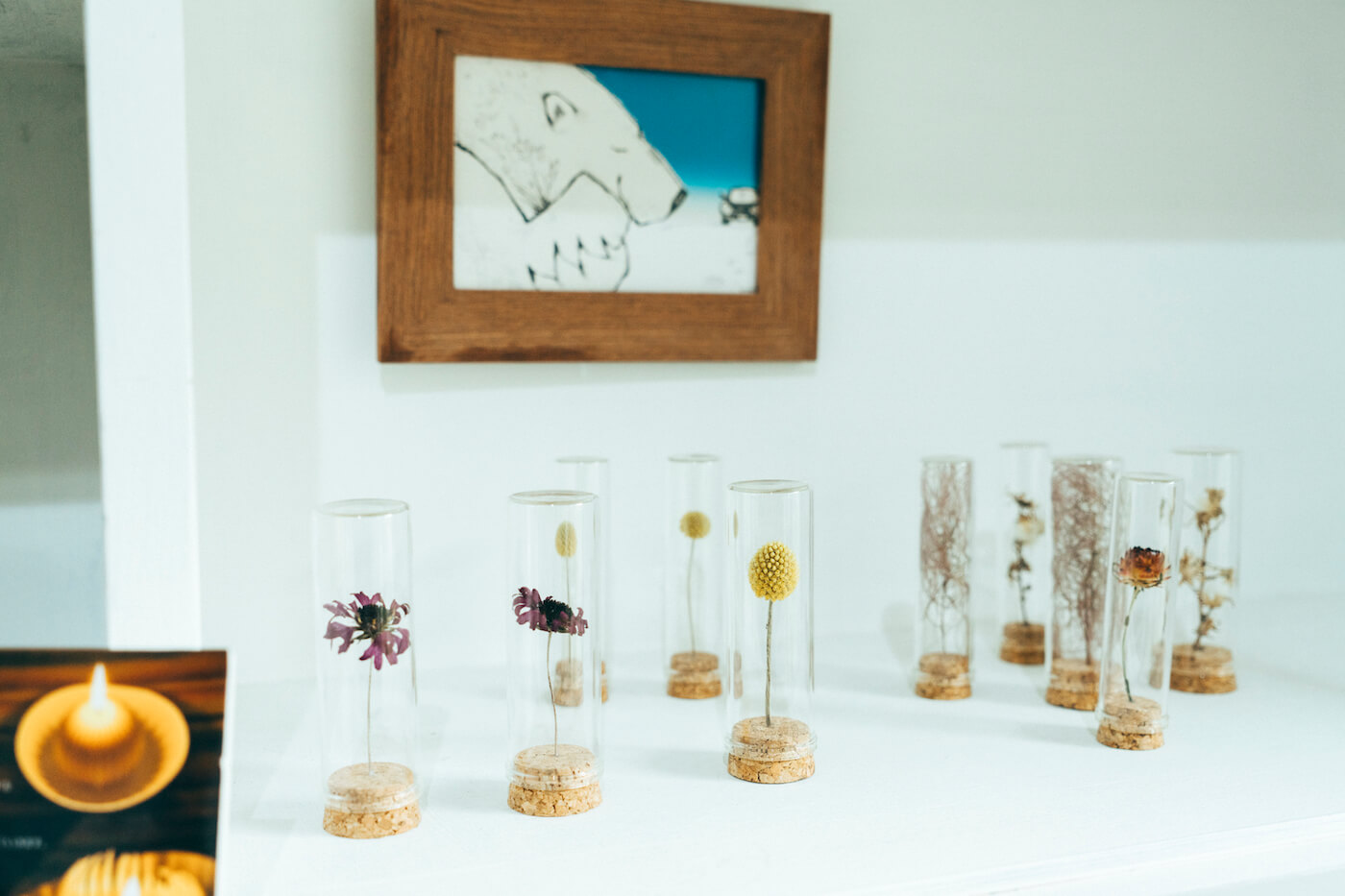
It seems that Coconoki is now the nerve center of the “Itoshima boom,” sharing all the good things that Itoshima has to offer.
Actually, from my point of view, I think that Coconoki is a prime example of a business that was helped out by the Itoshima boom. That being said, Itoshima has become much more well-known in the past decade, and some of my friends who are woodworkers and ceramic artists are now famous throughout Japan. It makes me happy to think that my store has played a part in this.
Some of the artisans have told me that they can make their pieces because Coconoki exists, so if their lives have become more stable because of my store, I am truly glad that I have been able to keep it going. Artisans are people who make a living by doing what they love. Some may say this is a pipe dream, but I don’t think this is the case at all. Just look at me. I was a single mother with children, and I managed to open this store without any money or connections. Some people have even told me that they decided to start their own business after seeing what I was able to do. If I can be the encouragement that people need to do what they love, nothing would make me happier.
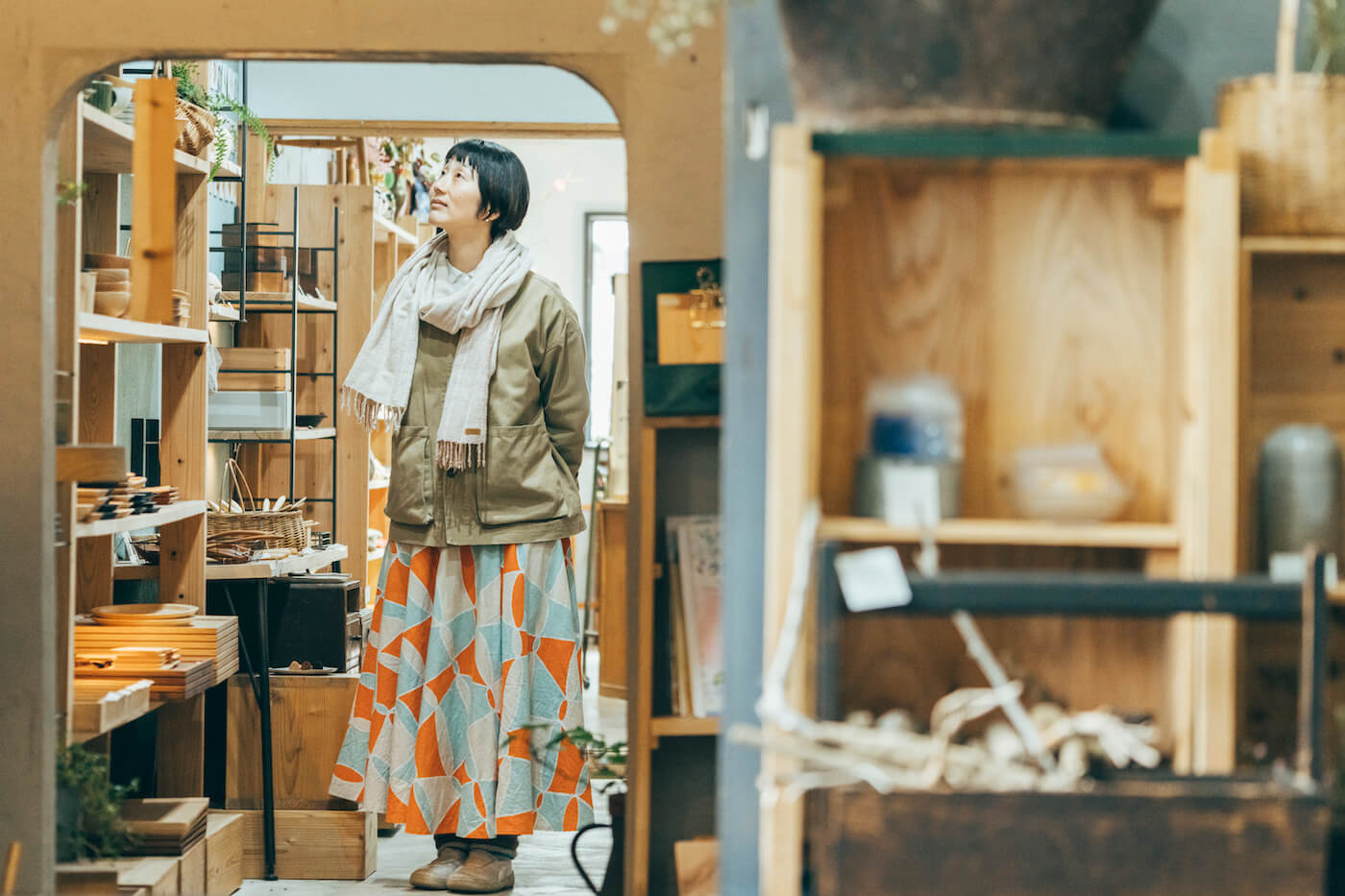
What is your dream, Ms. Noguchi?
My dream is to have as many local people as possible use Itoshima-made wood, which is the same thing that led me to open Coconoki. I rent a wood processing mill, and I also make and sell cedar boards. However, it doesn’t have to be my store that processes and sells Itoshima wood. In fact, I would rather it be a place with a larger sales floor. If we can get to a point where home centers in Itoshima have a dedicated section for Itoshima lumber and create a trend where local people use local lumber, then this will revitalize Itoshima’s mountains and its forestry industry. I think that would be great!
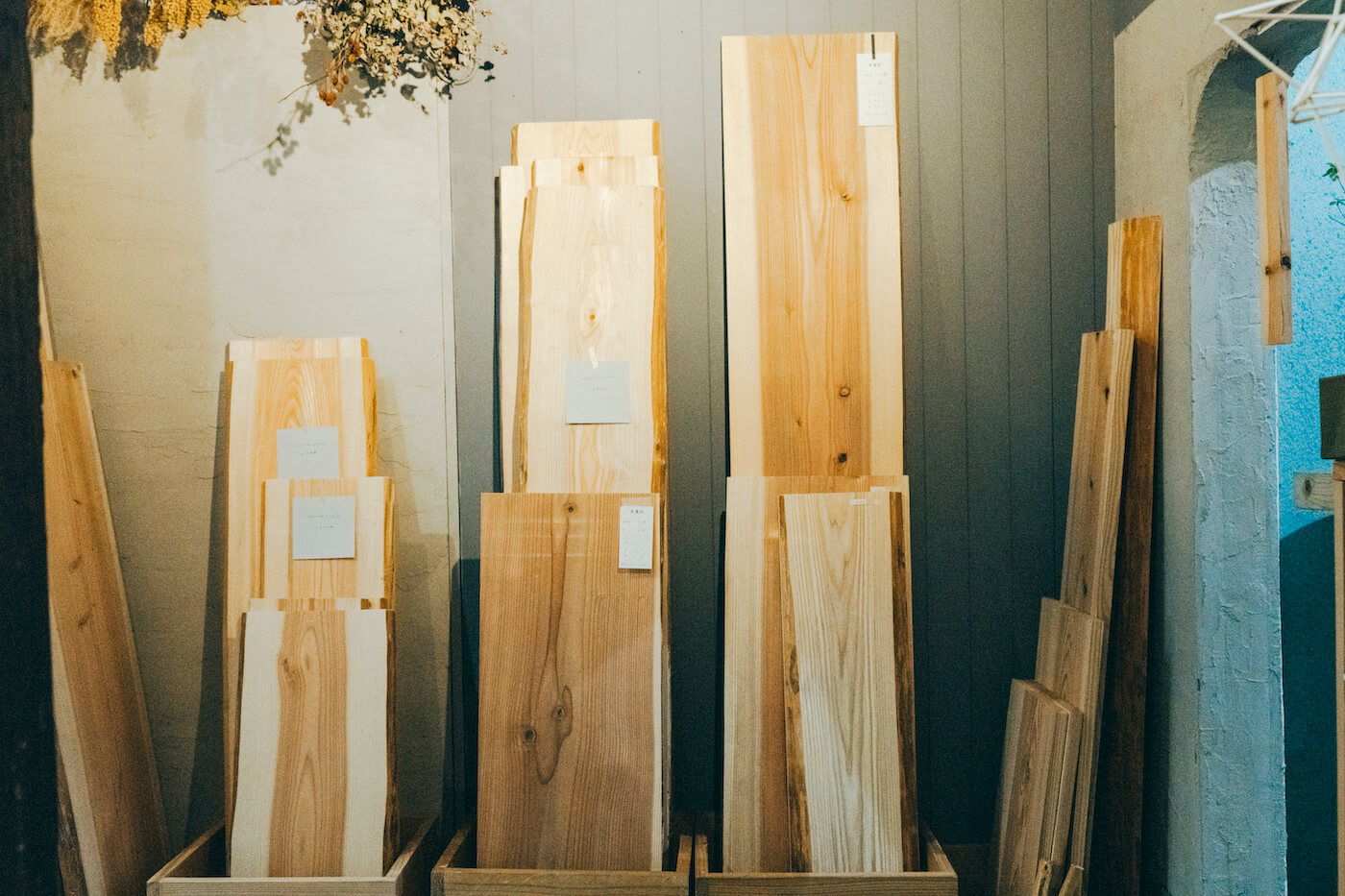
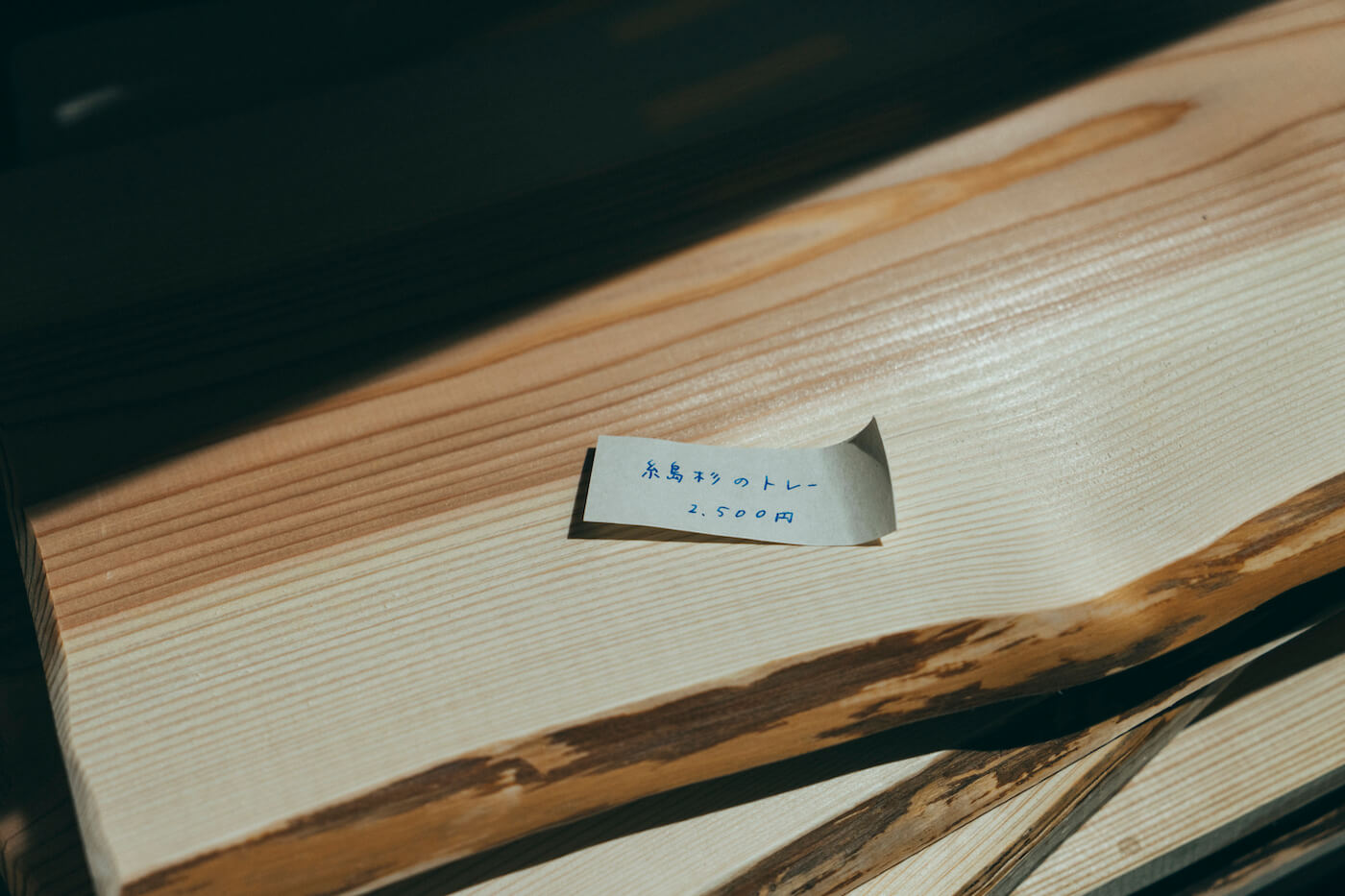
Writer’s Comment
I first met Ms. Noguchi in 2011 when I moved to Itoshima. She was running a booth at an event at a shopping mall in Fukuoka City. While I was talking to her about what my future would hold in Itoshima, she invited me to a meeting of local woodworkers and restaurant owners. Thanks to that meeting, I remember making a lot of connections, and my life in Itoshima had suddenly become more enjoyable. When I was just starting out as a photographer, it was Ms. Noguchi who brought me work. At Coconoki, people from various fields develop close connections, and they value these connections and help each other out as they go about their daily lives. I think Ms. Noguchi truly embodies the best feature of Itoshima.
Interview & Photos: Seiji Watanabe
